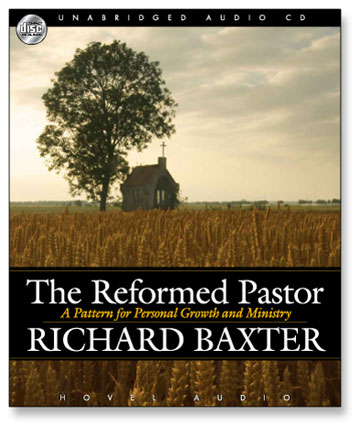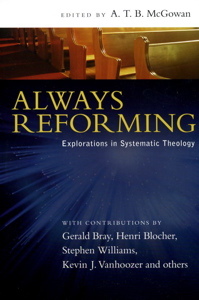The Sufficiency of Christ’s Obedience in His Life and Death
John Piper has give us some excellent thoughts on Christ’s obedience as it relates to Jesus’ whole life.
Piper says, “It is more likely that when Paul spoke of Jesus’ obedience as the cause of our justification he meant not merely the final acts of obedience on the cross, but rather the cross as the climax of his obedient life. . . . Thus when Paul compares the “one trespass†of Adam to Christ’s “one act of righteousness†(Romans 5:18), there is no single act in Christ’s life that corresponds to the eating of the forbidden fruit. Rather, his whole life of obedience was necessary so that he would not be a second failing Adam. One single sin would have put him in the category of a failing Adam. But it took one entire life of obedience to be a successful second Adam. That this complete life of obedience came to climax in the freely embraced death of Christ made such an overwhelming impression on his followers that they looked upon the “cross†or the “death†as the climax and sum of his obedience, but not separate from his cross-pursuing life.”
After reading this, I wonder if Piper’s thoughts might go well with James Jordan’s understand that Christ became the first mature man in history and attained to the glory that God had originally intended for Adam in the Garden. Jordan points out that, “He [Jesus] matured in faith, beyond the point where Adam failed. He matured to the point of being ready for adult responsibilities. Through his death, he became fully mature and was given dominion over ALL nations, over the wider world into which Adam had been prematurely cast.”
In other words, Jesus’ whole life of obedience was required for Jesus to reach full maturity to be ready for death on the cross, thus receiving the resurrection and being given dominion over all of creation.
Hebrews 5:9 says, “And being made perfect, he became the source of eternal salvation to all who obey him.â€
It seems very probable that John Piper and James Jordan could meld their views together for an excellent understanding of Christ’s obedience and maturity being credited to us by faith. But I’m sure I’m just dreaming! 😉
For more information on Adam and the Garden, along with a good analysis of James Jordan’s views, see this article.
In Christ and In Defense of the Faith,



